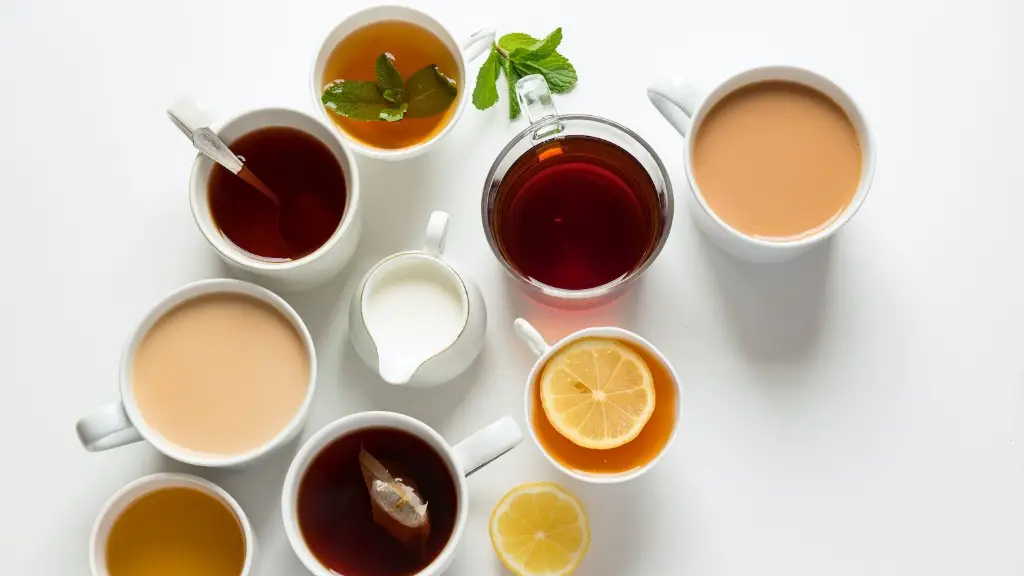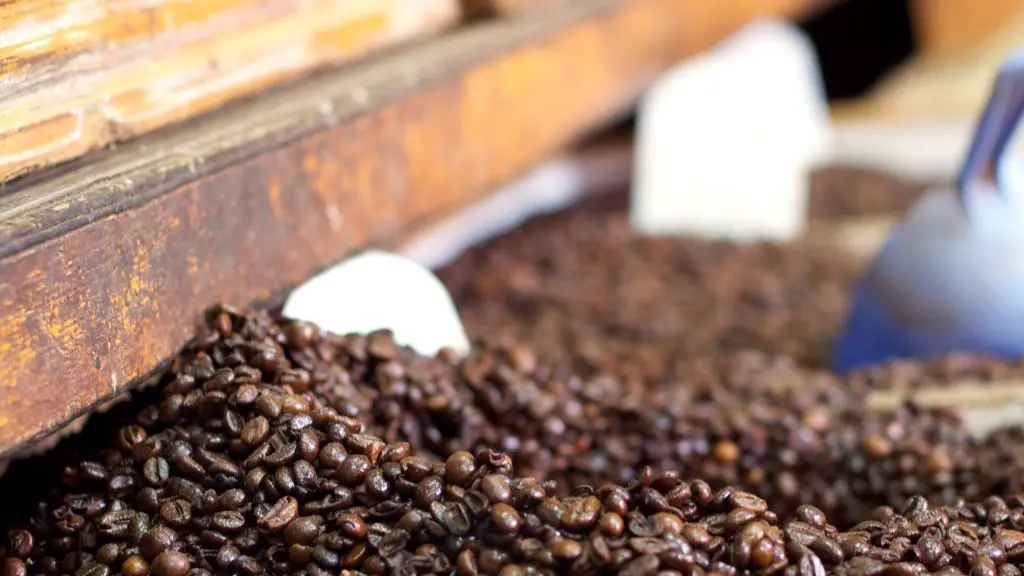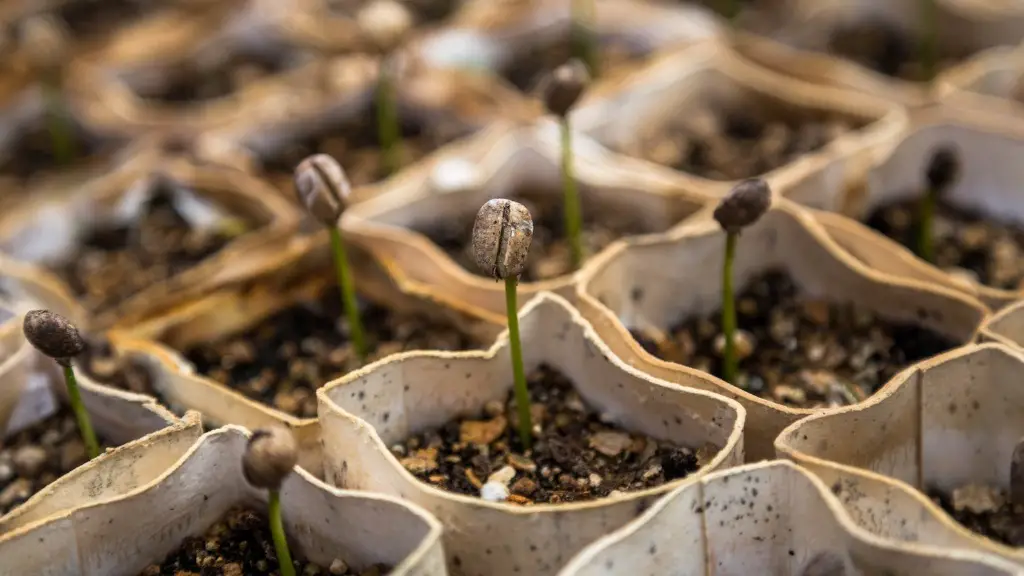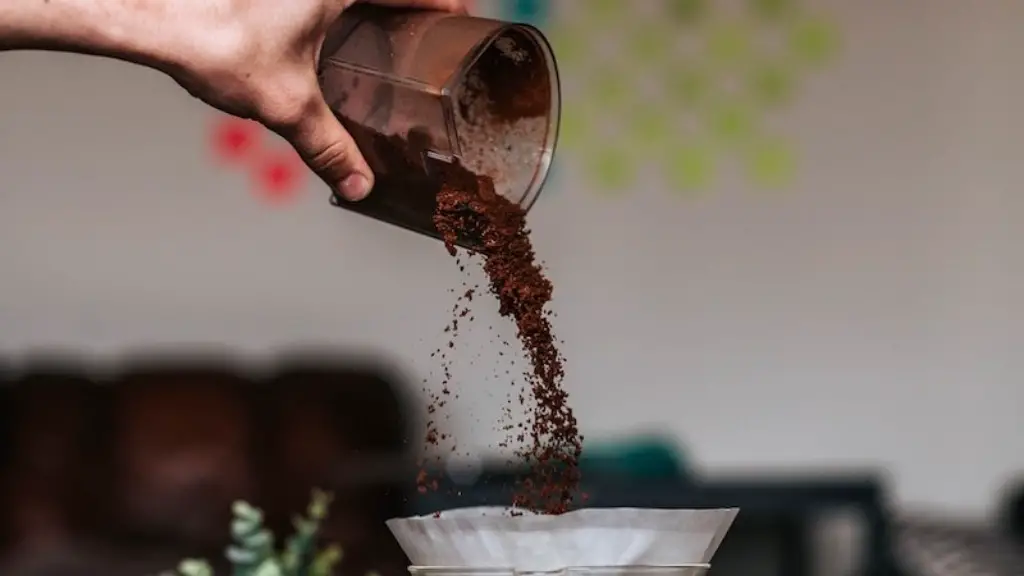Experts’ Perspectives on Drinking Coffee While Breastfeeding
Many pregnant and new mothers wonder if drinking coffee when breastfeeding is safe for both the mother and baby. While the answer is mostly “yes,” there are a few things to consider. Many medical professionals, lactation consultants, and breastfeeding support groups generally agree that moderate coffee drinking while breastfeeding is safe, yet there are certain factors to keep in mind.
Most medical professionals recommend limiting caffeine intake while breastfeeding to two to three cups of coffee a day. The total amount of caffeine in any given cup of coffee can vary greatly, depending on factors such as the type of coffee beans used, the method of brewing, and the size of the cup. Certain conventional forms of coffee may contain more than 100 milligrams of caffeine per cup.
Breastfeeding experts caution pregnant and breastfeeding women to avoid energy drinks altogether and to be aware of the amount of caffeine from other sources, such as chocolate, soda, and tea. It’s also important to be aware that some medications and supplements contain caffeine, too.
If a mother notices that her baby is fussy, irritable, or having trouble sleeping after she’s had caffeine, she should try writing down what she eats and drinks and when, so she or her doctor can look for patterns and connections.
In some cases, a baby may be sensitive to the transfer of caffeine in breast milk. If this is the case, a breastfeeding mother might consider avoiding caffeine altogether. She could replace her daily cup of coffee with herbal alternatives, such as tea or decaf coffee.
Though studies suggest that moderate coffee drinking won’t harm the baby, each mother-baby pair is different. To make sure that the baby is not affected, mothers should discuss the issue with their healthcare provider.
Drinking Coffee and Breastfeeding: What to Consider
Apart from its effects on the baby, drinking coffee can affect the mother’s breastfeeding process in various ways. For example, excessive caffeine intake can dehydrate the mother and affect her ability to produce enough breast milk. This can be especially problematic for mothers working or returning to school, as well as for those who are breastfeeding for multiple babies.
Mothers should also be aware that their bodies may require additional time to detox from caffeine. This can lead to uncomfortable side effects, such as headaches, fatigue, and gastrointestinal issues. Furthermore, caffeine can also increase the levels of certain hormones, such as cortisol, which can lead to an irregular menstrual cycle.
More research is needed to determine the potential long-term side effects that caffeine suggests in mothers who are breastfeeding. It’s important to note, however, that caffeine can stay in the system of a breastfeeding mother for as long as 48 hours. This means that it can take up to two days for the body to detox from the effects of caffeine, so it’s important to factor this into the consumption plan.
Finally, because caffeine is a stimulant, drinking coffee can undermine certain health benefits of breastfeeding, such as more restful nights. Some experts suggest waiting to drink coffee until after nursing sessions, so that your body can naturally relax afterwards.
Health Benefits of Breastfeeding
Fortunately, there are many health benefits to consider when deciding whether to drink coffee while breastfeeding. Breastfeeding is recommended by medical professionals as the best form of nutrition for newborns. It helps strengthen the bond between mother and baby, and it can provide the baby with important nutrients and antibodies. It can also protect the baby from certain illnesses and reduce their risk of chronic diseases later in life.
For the mother, breastfeeding offers various health benefits that go beyond nutrition. Recent research has suggested that mothers who breastfeed are less likely to develop certain illnesses such as diabetes, cancer, and heart disease. Breastfeeding also seems to reduce a mother’s stress levels, which can help improve her overall quality of life.
Moreover, breastfeeding can also save families money. According to the CDC, mothers who breastfeed are likely to save over $1,200 per year on formula costs and can reduce their healthcare costs by up to $2,000 each year.
Be Gentle With Yourself
When considering drinking coffee while breastfeeding, it’s important to remember to be gentle with yourself. Becoming a mother – regardless of whether it’s the first time or not – is a huge life-altering event. On top of all of the responsibilities and changes, it’s important to make sure that you’re taking care of your own health, too.
It can feel like a balancing act of trying to take care of the baby and make sure to take care of yourself, but it’s a necessary part of the process. Motherhood is a learning curve and it can take time to understand what works best for you and your baby.
There can be a lot to consider when deciding whether to drink coffee while breastfeeding. While each mother-baby pair is different, medical professionals generally agree that it’s safe to drink coffee while breastfeeding, so long as it’s in moderation and it doesn’t interfere with your baby’s sleep, digestion, milk production, or overall health.
Other Food and Beverage Choices
When considering whether or not to drink coffee, it’s important to remember that there are many other healthy, nutrient-rich food and beverage choices. For example, drinking plenty of water is an excellent practice when breastfeeding, as it can help keep the mother hydrated and promote milk production.
Healthy snacks and meals, such as whole grains, fruits, veggies, and lean proteins, can also help to keep a mother full and provide important vitamins, minerals, and energy for breastfeeding. Additionally, many mothers find that herbal teas, such as chamomile and mint, can be effective natural supplements to help with the stress and fatigue of breastfeeding.
For those who decide to drink coffee while breastfeeding, certain food and beverages can help offset the potential ill effects of caffeine. For example, fortified foods, such as oatmeal, eggs, and yogurt, contain large amounts of essential vitamins and minerals. Additionally, fruits, such as bananas, oranges, and apples, can help reduce irritability.
Recommended Intake Limits
Ultimately, it’s up to each mother to decide what works best for her and her baby. To ensure the baby’s safety and health, most medical professionals and breastfeeding support groups recommend limiting coffee consumption to two to three cups per day, and avoiding other sources of caffeine, such as energy drinks, parts of chocolate, and tea. Furthermore, if a mother notices a pattern of irritability or digestive issues in her baby following her coffee consumption, she should speak with her healthcare provider.
Finally, it’s important to remember that every baby is different, and that each mother will have different levels of sensitivity to caffeine and its effects. In general, however, further research suggests that moderate coffee drinking while breastfeeding is generally safe.





